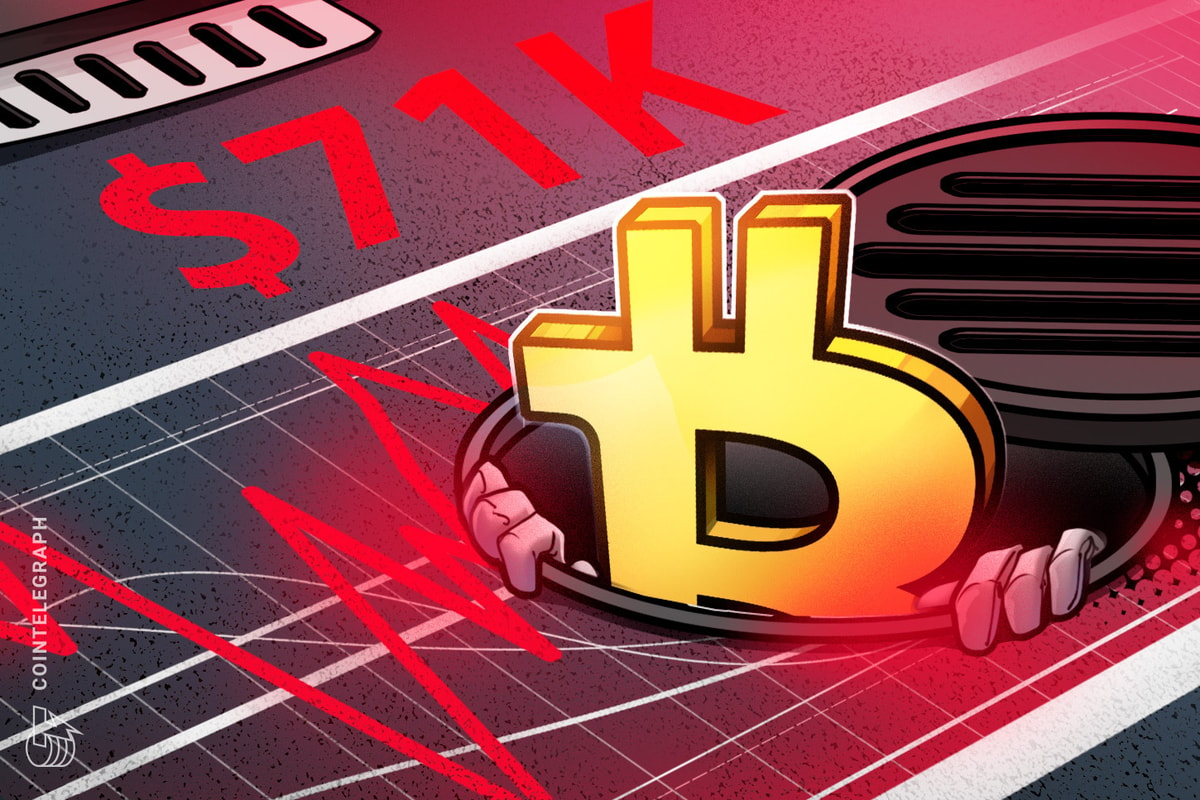Solana's (SOL) native token, SOL, gained 18% in the 7 days leading to Feb. 13. The price run to $115 allowed Solana to surpass its rival BNB (BNB) in market capitalization to claim the third spot, when excluding stablecoins.
The driving force behind SOL’s bullish run include airdrops and the network’s ability to provide a more affordable and user-friendly solution compared to its competitors. However, are these factors sufficient enough to justify a rally toward $120 and beyond?

Experienced crypto investors tend to argue that Ethereum network rollup solutions provide enough scalability and reduced costs to keep investors in the network, but new entrants will likely find Solana’s user experience much simpler. The same holds true for nonfungible token (NFT) launches and airdrops targeting 10,000 or more addresses, as history shows that even layer-2 solutions face increased transaction costs or delays during peak demand.
SOL was unaffected by Solana’s recent network outage
Solana is not immune to outages and the network faced a 5-hour downtime on Feb. 6, prompting validators to coordinate a software update and restart from a specific slot. Exchanges also halted deposits and withdrawals of SOL and Solana SPL tokens, impacting users’ ability to interact with decentralized applications (DApps). The Solana network has experienced twelve similar outages in the past two years.
On the positive side, by closely coordinating software development, Solana can improve and implement upgrades at a much higher pace than Ethereum Virtual Machine (EVM) compatible networks. While Solana developers take a few hours to develop, test, and implement a new validating software solution, a similar effort can take years on the Ethereum mainnet. This difference explains why SOL token was not impacted by the recent network downtime.
How long will the bull market benefit SOL price?
SOL price tends to track Bitcoin (BTC) price and the wider crypto market trends. However, to determine whether SOL’s rally above $110 is sustainable, one should measure Solana network activity, which is typically the leading driver for SOL demand.

Related: Solana’s market cap overtakes BNB, secures 4th position
The initial analysis of DApps activity is not favorable for the Solana network, as data from the past 7 days shows a 29% contraction in the number of active addresses and a mere 4% increase in volumes. In contrast, BNB Chain and Polygon experienced nearly a 30% increase in DApps volumes, according to DappRadar. In absolute terms, Solana’s activity is far lower than BNB Chain’s, given that SOL and BNB tokens hold a similar market capitalization, but should this be a concern to investors?
Although the data does not indicate a sharp SOL price correction risk, it raises questions about whether the path above $120 and the subsequent $52.5 billion valuation are sustainable in the medium to long term. SOL bulls rely on the network’s capacity, as evidenced by the 91.4 million transactions processed in the last week alone, which could be the decisive factor if DApps activity picks up, regardless of whether driven by airdrops or not.
This article does not contain investment advice or recommendations. Every investment and trading move involves risk, and readers should conduct their own research when making a decision.











